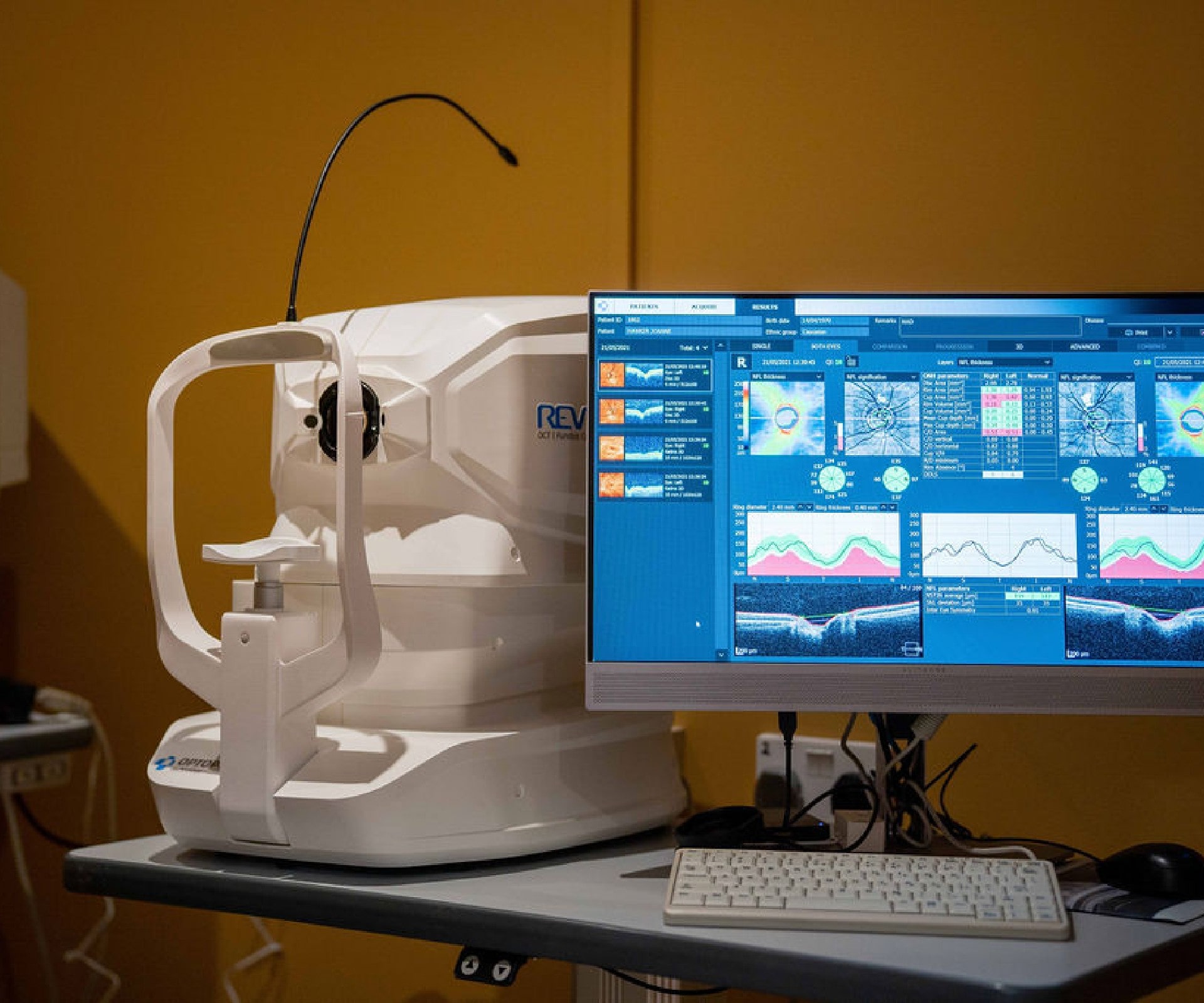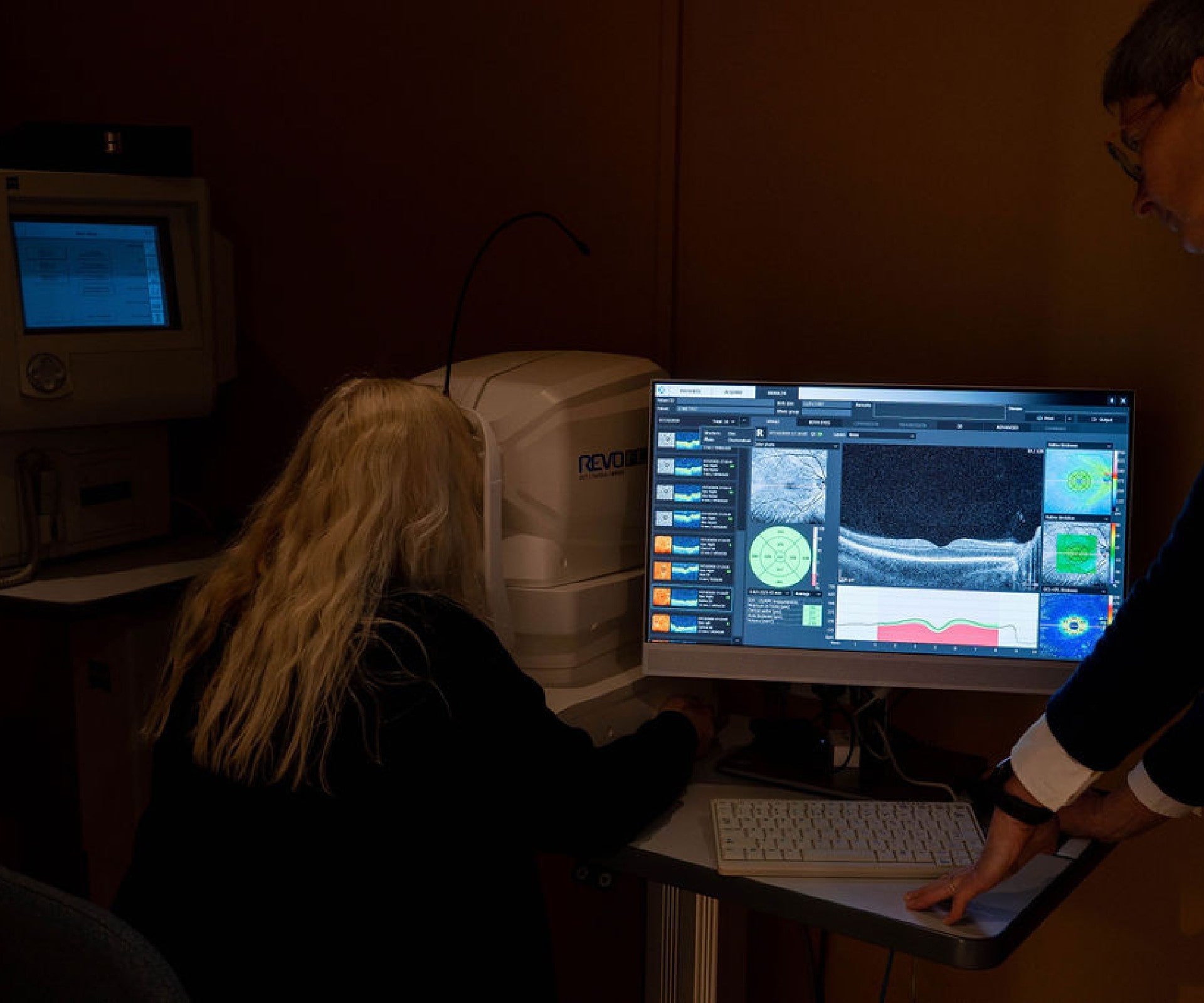
EYE TESTS
Why is it important to get
regular eye tests?
Regular eye tests are important for maintaining good eye health and identifying potential problems early. As optometrists, we can detect eye diseases such as glaucoma, cataracts and macular degeneration before they cause irreversible damage. Myopia, hypermetropia, presbyopia and astigmatism are also important eye issues which can be detected through our tests. Therefore, it’s important to get regular eye tests as part of your overall healthcare routine.
The eye test process
What to expect when going for
your eye test at The Honiton Eye Clinic
01
Appointment
Give us a call and we can discuss the right appointment for you for your eye test with our optometrists. Give us a call on 01404 430 44.
02
Eye test
Please bring along your latest spectacles and a list of any medication you may be taking when you attend your appointment. Our optometrist will discuss any concerns you have regarding your vision and perform your eye test. Understanding your eye care needs is very important to us.
03
Prescription
After your eye test, our friendly team will review your results and discuss the next steps.
This is a collaborative experience. This is where the team gets together to explore the best possible solution for you – this is where the magic begins!
How we tailor your glasses for you
The Honiton Eye Clinic measures several important angles with precision and care to provide you with perfect vision with SEIKO optical glasses.
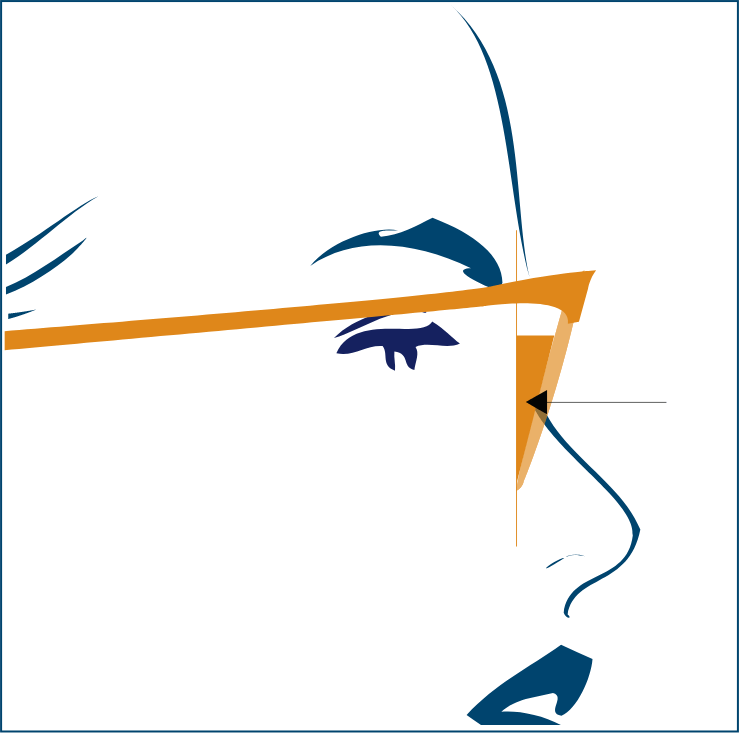
Inclination angle
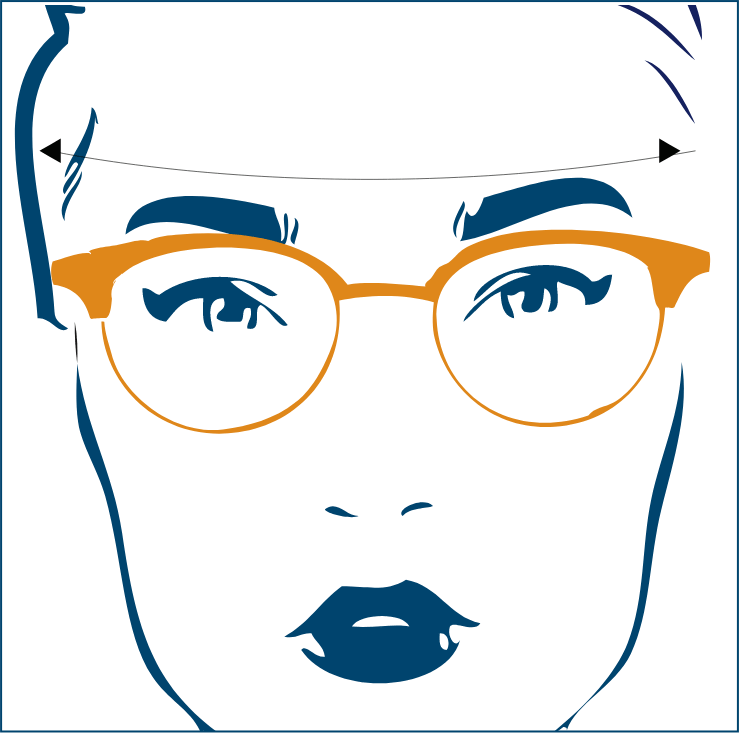
The curvature of
the frame
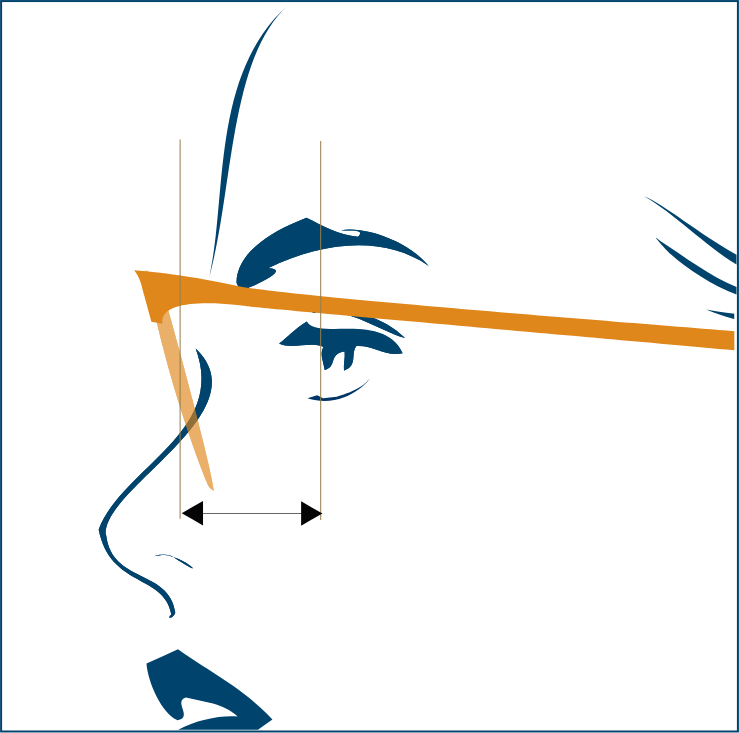
Vertex
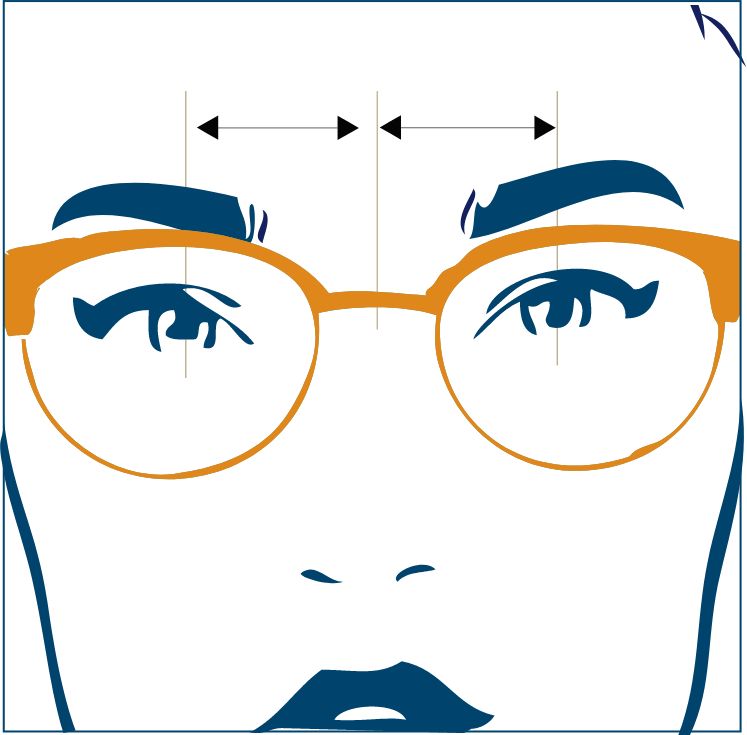
Individual pupillary
distance

the height of the
glass in the frame

interests and
lifestyle
DID YOU KNOW
An OCT scan can detect multiple eye conditions?
We also provide an OCT (optical coherence tomography) scan test. This is a noninvasive imaging method that uses reflected light to create pictures of the back of your eye.
OCT utilises light waves to take cross-section images of your retina. With OCT, your ophthalmologist can see each of the retina’s distinctive layers. This allows your ophthalmologist to map and measure their thickness.
